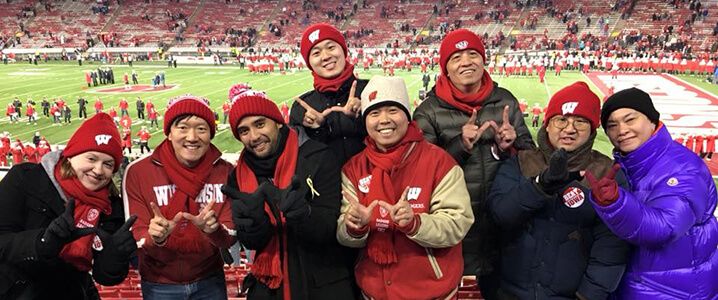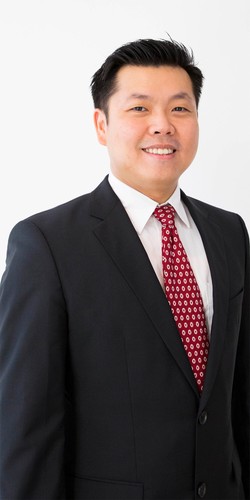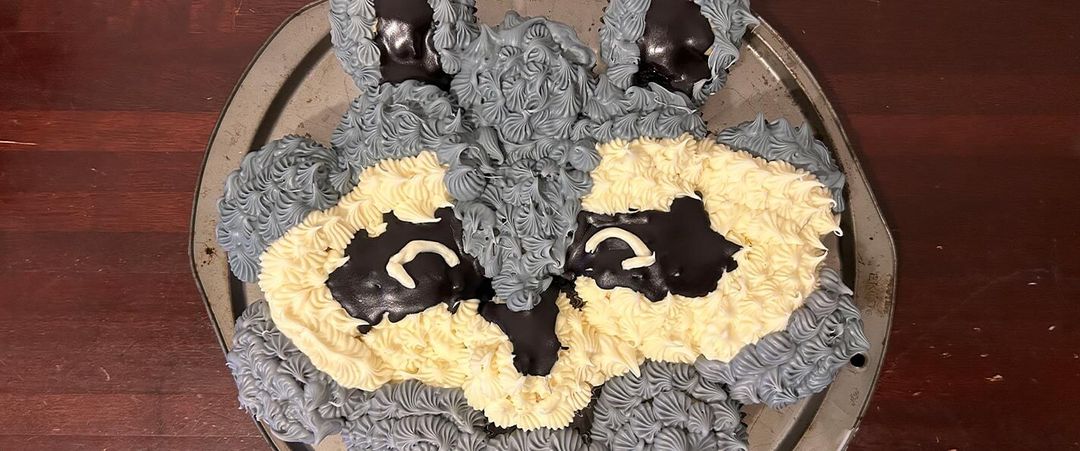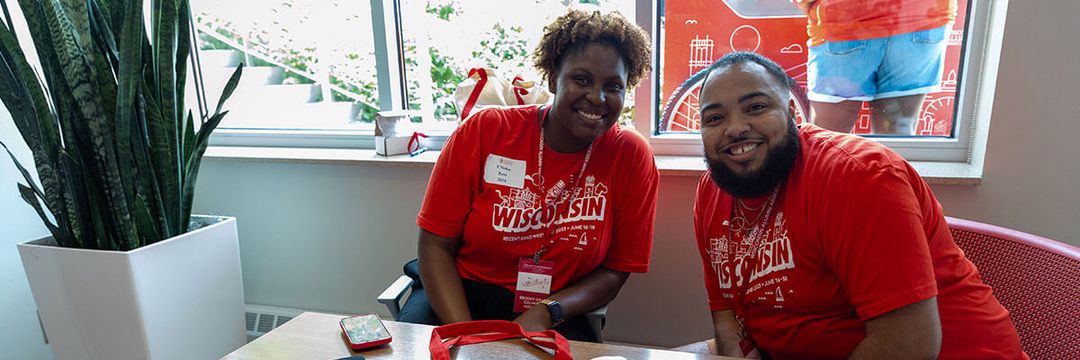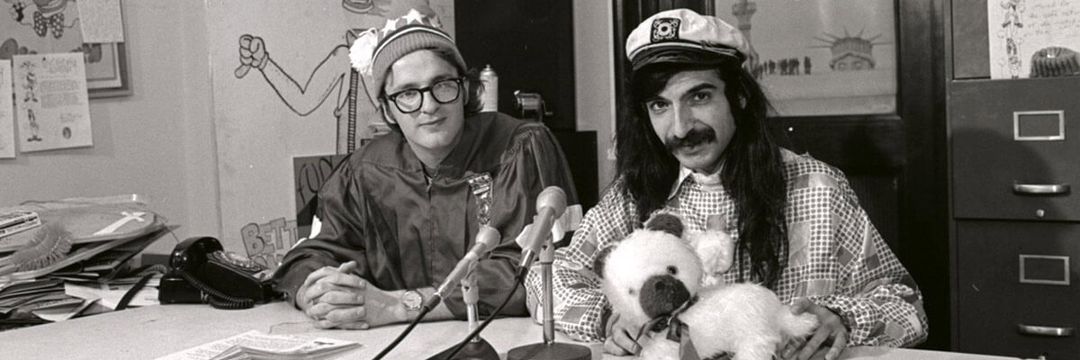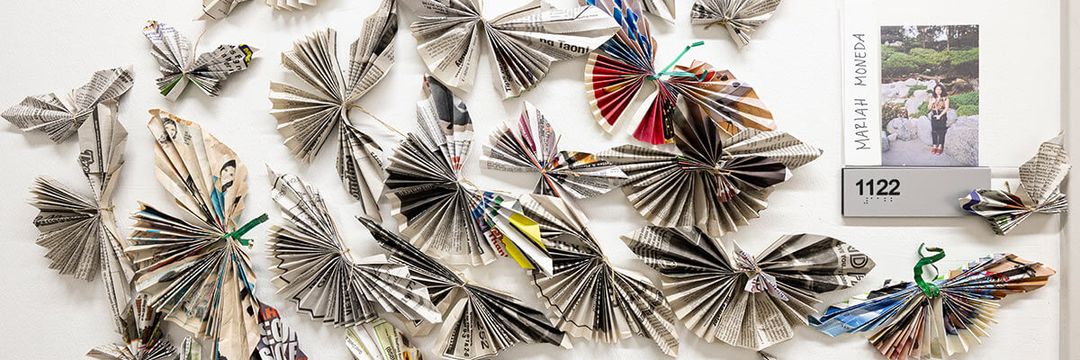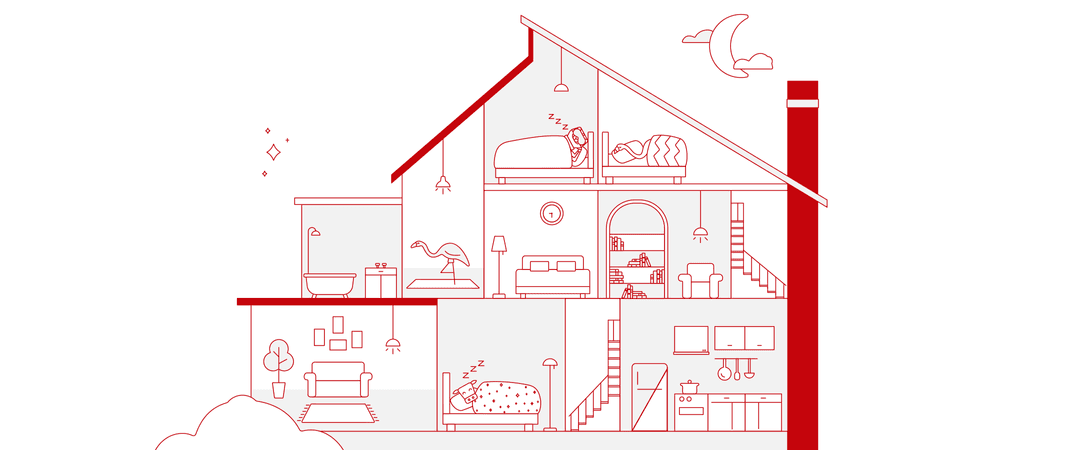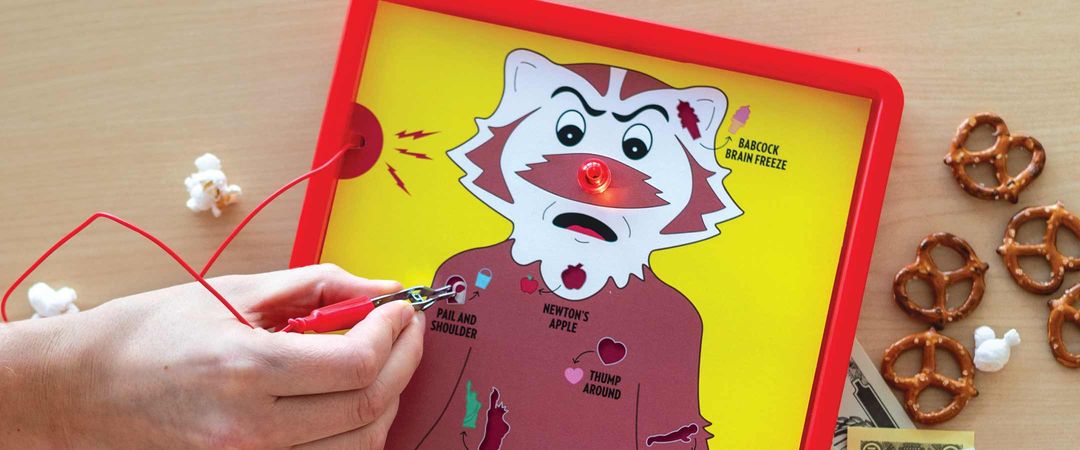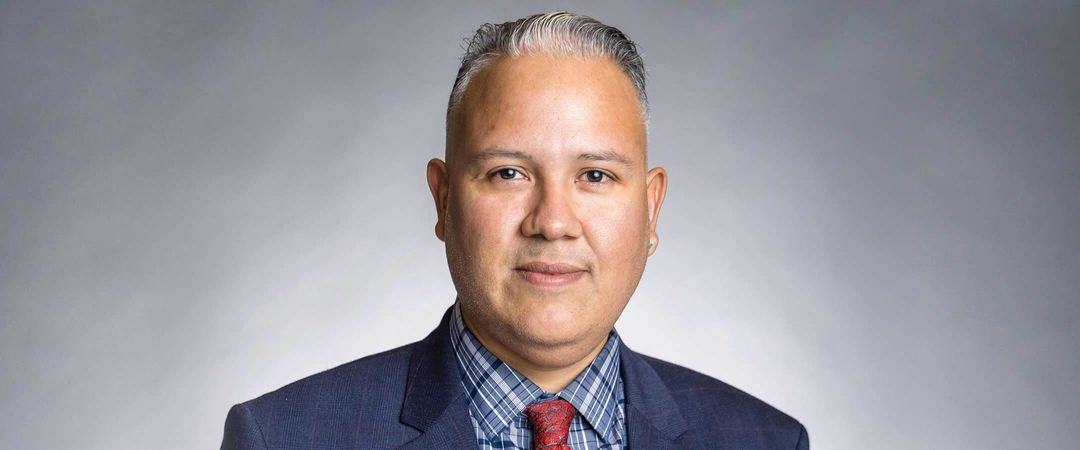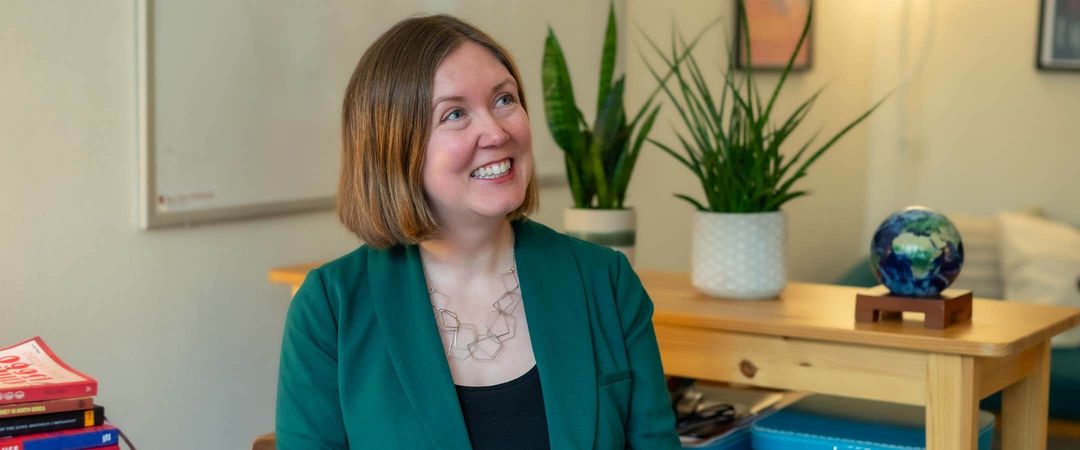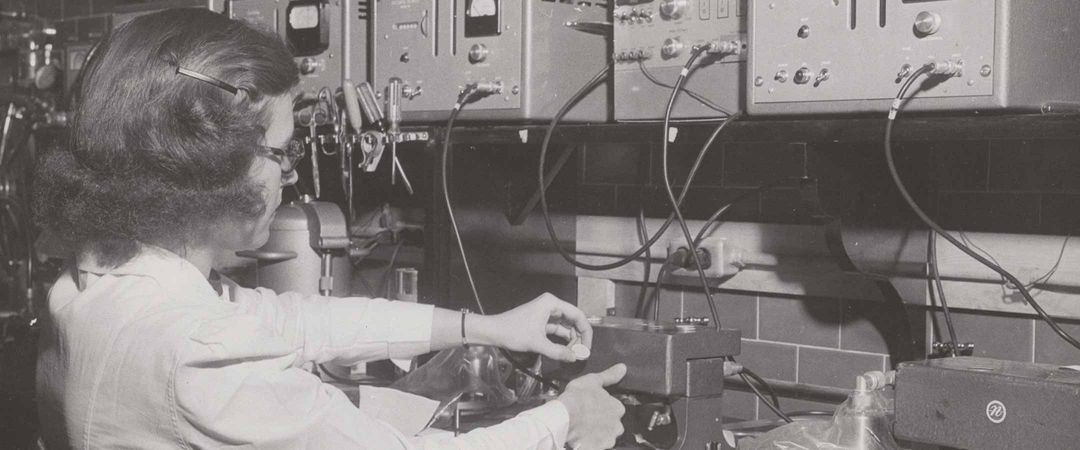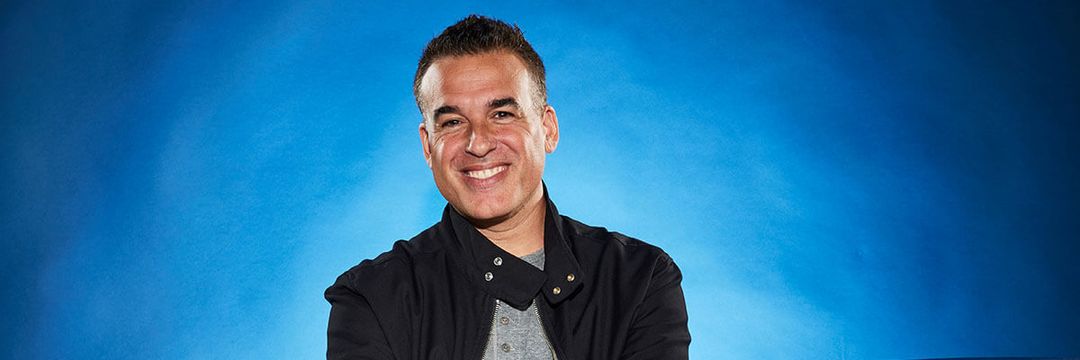Jemmy Chayadi ’00— like many of his classmates in Indonesia — came to the University of Wisconsin to obtain a high-value education from one of the top universities in the world. What he didn’t expect was to fall in love with the city, its traditions, and its people, and to hold his memories close to his heart even today. After graduating with a mechanical-engineering degree and working in the field for several years, Chayadi’s career took a turn when he accepted a job in China, where he found joy in gaining diverse perspectives through his travels. Chayadi has since returned to Indonesia to work in corporate sustainability: holding businesses accountable in the effort to find solutions to Indonesia’s environmental problems. He has also set out to revive one of the biggest Wisconsin Alumni Association (WAA) chapters in the world.
How would you describe your career after graduating?
I graduated with a [mechanical] engineering degree… so my first job was working as an engineer. I worked in a company in Chicago for five years. It was a very specific job where I did a lot of quality engineering stuff, but then there was a point in my career where I decided to quit my job and move to China. I interviewed with Ikea — I still do not know how they got my CV, and how I ended up in that interview — and at the end of the interview they said, “Hey, do you know anything about corporate social responsibility?” And I said, “Well to be honest, sir, actually this is the first time I’ve heard that word.” I was being blunt, but we had a good hour-long talk and in the end he said, “Don’t worry, Jemmy, we will train you.” I had no idea what corporate social responsibility was, but I enjoyed what I was learning. It was something beyond my specialist field as an engineer. I started as a specialist and ended up as a generalist. When I was working as an engineer in the States, my scope of work was quite limited, but when I was in Ikea working in corporate social responsibility, I had the opportunity to explore other areas. During my career path, I have seen an evolvement from small-scope [work] to large-scope [work] and that has informed my global view. Through my job, I learned about what was happening in the U.S., China, Europe, and Asia-Pacific. I worked with so many people from many different places around the world. I learned a lot about those different contextual perspectives and backgrounds and that exposure gave me this global view of what is going on in the world. Then, after 13 years, I finally decided go back to Indonesia. Even though I had this global view, I learned that I still have to understand the local context. Because I was away for so long, I had no idea what was going on in Indonesia. I had to relearn the local Indonesian context. My challenge became how I can translate my global view of the world into local actions.
What is it that you do in Indonesia now?
What I’m doing now, working as director of strategy and sustainable development, is to integrate the mindset of sustainability into business. One of the tools is sustainable development goals. This is basically a global language that covers all facets of what needs to be done and achieved in the field of sustainability. Looking back on my career, it has evolved so much. I am very fortunate to be able to go through this journey as it has brought me to where I am now. It is a good example of one thing leading to another thing.
Upon returning to Indonesia, what made you decide to revive the WAA: Indonesia Chapter?
When I came back to Indonesia, I had no idea what Indonesia is, I have no idea the context. I had this tradition where I would call my friends to have breakfast on Saturday morning. At one of these breakfasts, I was telling my good friend — who is also a Badger — that every time we see our fellow Badger friends, it would be at a wedding or a kid’s birthday, but we don’t really have a chance to properly meet and do things together. There wasn’t a sense of community for Indonesian Badgers. What really inspired me was the need to have a home for Indonesian Badgers: a place where they could find each other and have a sense of comfort and familiarity. Another thing I wanted to know was who were the famous Indonesian Badgers? I wanted to know what the alumni were up to, what they were achieving, and how they were living the Wisconsin Idea. This is important because we are trying to create inspiration for young Badgers. Young Badgers who come home to Indonesia don’t typically know who their fellow Badgers are. We hope that by seeing successful Indonesian Badgers, they will be inspired and have a sense of pride in being a Badger.
What has been your most enjoyable experience with the chapter?
Connecting the Badgers. This year, at our Founders’ Day [celebration], we will be hosting a UW professor of food engineering. I didn’t realize when I started talking about this to some of the Badgers that there were a lot of food-science graduates from Madison [here]. It is like a big puzzle and the pieces are starting to connect nicely. When I was learning more about what UW food-science graduates [were doing] in Indonesia, I discovered that the head of the Indonesian Food and Drug Administration was a Badger, too! After realizing just how many Badgers in food science there were, we decided to have a panel for all of them to come together. I find a very special joy [in being] able to connect these Badgers and get them talking about topics that they are passionate about. We know that we have many good alumni out there, and connecting them is a very special joy.
And your most challenging moment?
How to inspire the young Badgers: how do we get them to step up and contribute to this Badger alumni movement. They have a lot of potential to help and get this chapter running even better. They are the future leaders, and what has been most challenging is getting them to see that. I hope that as time goes on, they will be able to see that they have this capability to help grow this chapter and make it better.
What attracted you and your fellow Indonesian Badgers to attend the University of Wisconsin - Madison?
This takes me back to 1996 — a long time ago! We didn’t really have any inspirations at that time. […] We chose UW–Madison because it had a good academic ranking: it’s one of the best public schools in the United States. The other thing that attracted other Indonesians at that time was [an existing group of] Indonesian students in Madison. Through word-of-mouth, Indonesian Badgers would share their experiences with high school students who would then apply to the university. […] Now when I speak to high school students about their reasons for applying to the UW, it is mostly the same. That is the reality for us.
Given everything you’ve achieved post-graduation, do you have any advice for current and future international UW students?
This is advice that I give to any young students that I meet who are going to the UW or getting ready to go to the UW is that when you are in Madison, doing your undergrad for four years, you need to make sure you maximize your Wisconsin Experience. It’s something that I don’t a lot of students understand. Many Indonesian students say they want to go to the UW and get a 4.0 GPA, which some of them do. I told them that it’s great to have a good GPA, but four years go by very fast, and Madison offers many opportunities to explore many things that you want to learn more about outside of the classroom. When I was a student, I was involved in student organizations, working as a research assistant, doing an internship — I was doing things that I wouldn’t be able to experience in Indonesia. To me, Madison provides the opportunity to meet and learn from people from different countries and to learn many other things outside of academia. Those things shape a person’s character and their ability to grow and to be a better person overall, and to be able to prepare the person for postuniversity life. I’m trying to get current students out of the mentality that they should only focus on academics. I would say that to my son as well. I think that to be able to compete in the future, character development — leadership and other soft skills — are critical. On the less serious side, I tell students that they must go to Camp Randall to watch football games! You cannot get an experience like this in Indonesia!
